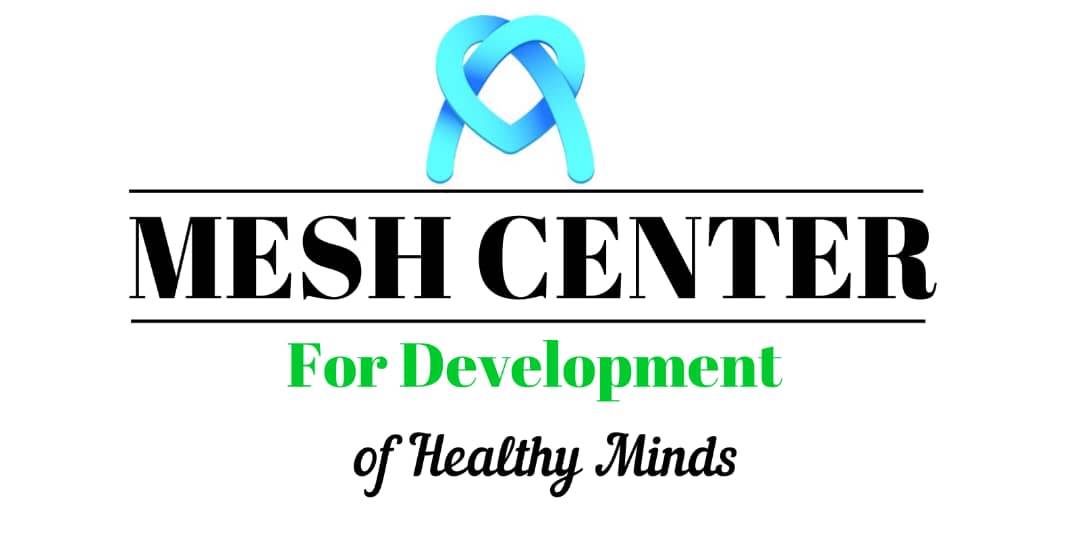Is there a growing drug epidemic in Nigeria?
Twice a week and sometimes on public holidays, 27-year old Isa Abdullahi*, the son of a former senator, takes a break from his near-automated work schedule as an accountant in Abuja to buy a few wraps of cocaine on a well-lit street in Wuse 2, an upscale commercial district.
The young dealers, familiar with his burgundy 2012 Toyota Camry and his bald head popping out of the window, hurry to him when the car pulls up around 8pm and hand him two wraps. Each costs N30,000 ($120), an amount slightly less than the monthly salary he pays his elderly driver.
Further north, in Kano, State Governor Abdullahi Ganduje is addressing the state chapter of the Police Officers’ Wives’ Association. Drug use has become more prevalent among women than men, he says, revealing that a list of 100 housewives who are “seriously addicted” to drugs has been compiled for rehabilitation.
A 2014 report by the Nigerian Drug Law Enforcement Agency (NDLEA) puts Kano ahead of the other 35 states and Abuja, in terms of drug convictions. For its 2012 National Baseline Youth Survey report, the National Bureau of Statistics (NBS) surveyed 46,836 young people with criminal convictions; 75.5% were male and the remaining 24.5% were female.
Among the 32 different crimes committed, marijuana (Indian hemp) smoking had the highest figure, representing 15.7% of the convictions. The survey also put Kano top of the country in terms of the number of drug abusers – 37% of the population.
Dealers’ den
“There are hundreds of drug points all over Kano where cheap drugs are sold and drug users come together just to get high with each other,” says Fakhriyyah Hashim, a property developer in the city who discovered drug dealers inhabited a site she was considering investing in.
The National Agency for Food, Drug Administration & Control (NAFDAC) classifies drugs as stimulants, hallucinogens, narcotics, tranquillisers, sedatives and miscellaneous, which includes solvents and other mixes.
All have the ability to permanently harm users, says Adeshola Adebayo, an Abuja-based doctor: “These things are drug-specific. The most dangerous effects of opioids like codeine [cough syrup] are respiratory depression and possible death.”
Addicts often visit pharmacies and threaten staff on duty to sell the free drugs provided by government. This effectively reduces the dosage available to patients who genuinely need them. Their actions are aided by weak laws controlling the kind of drugs people can buy from pharmacies and other medical outlets – with or without subscription.
TBC






